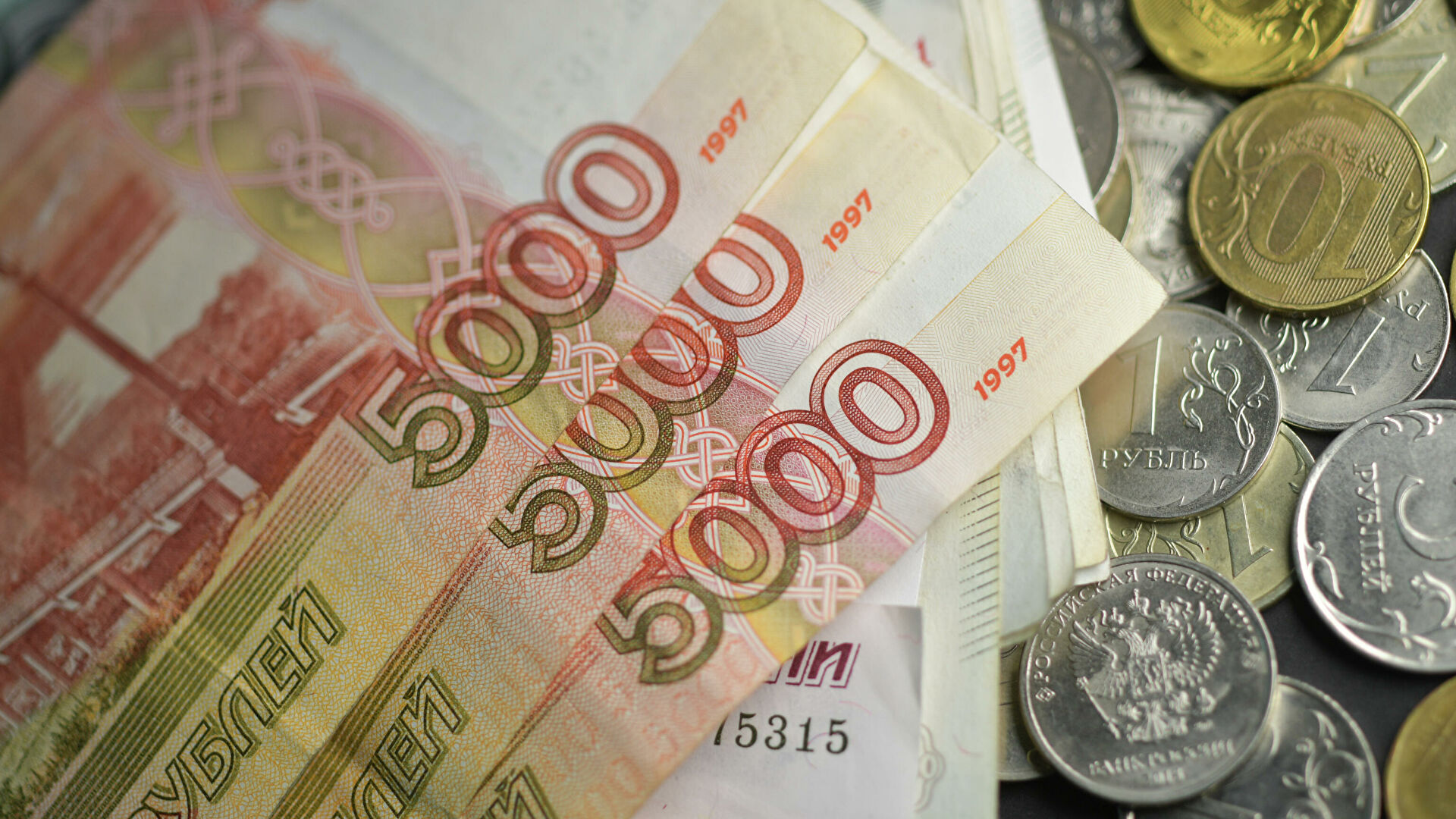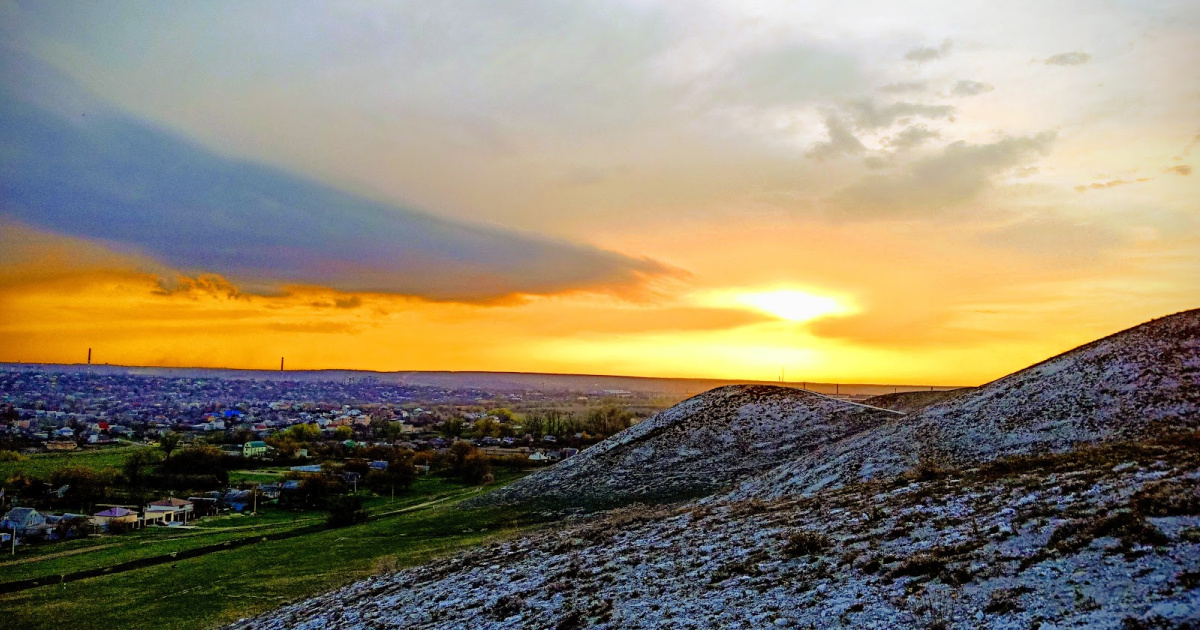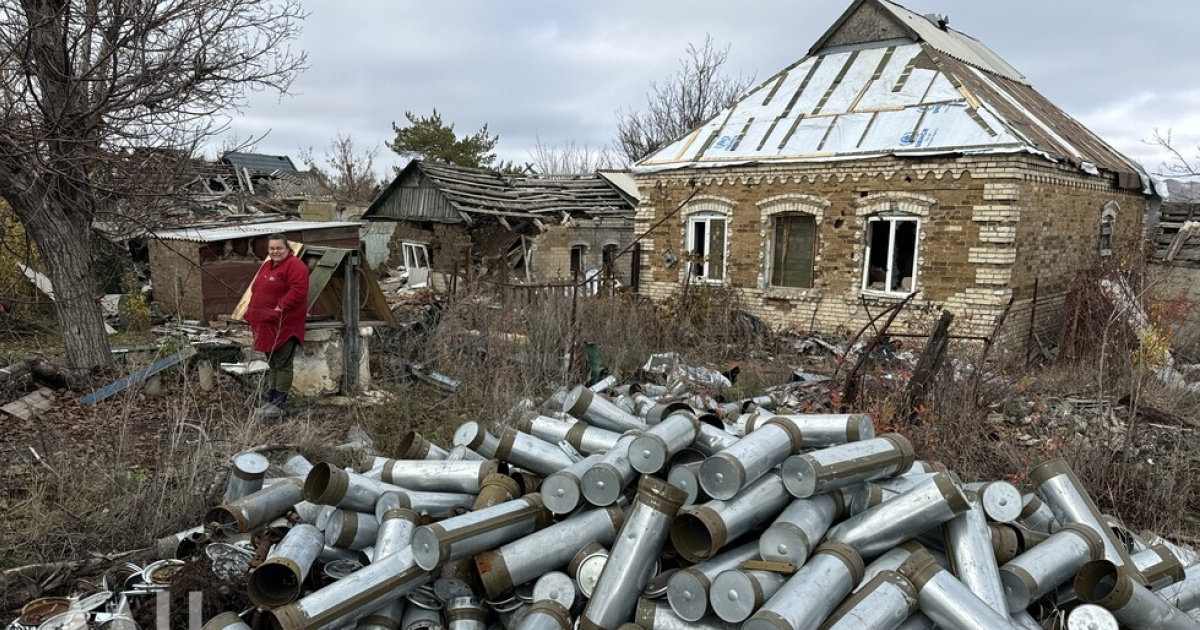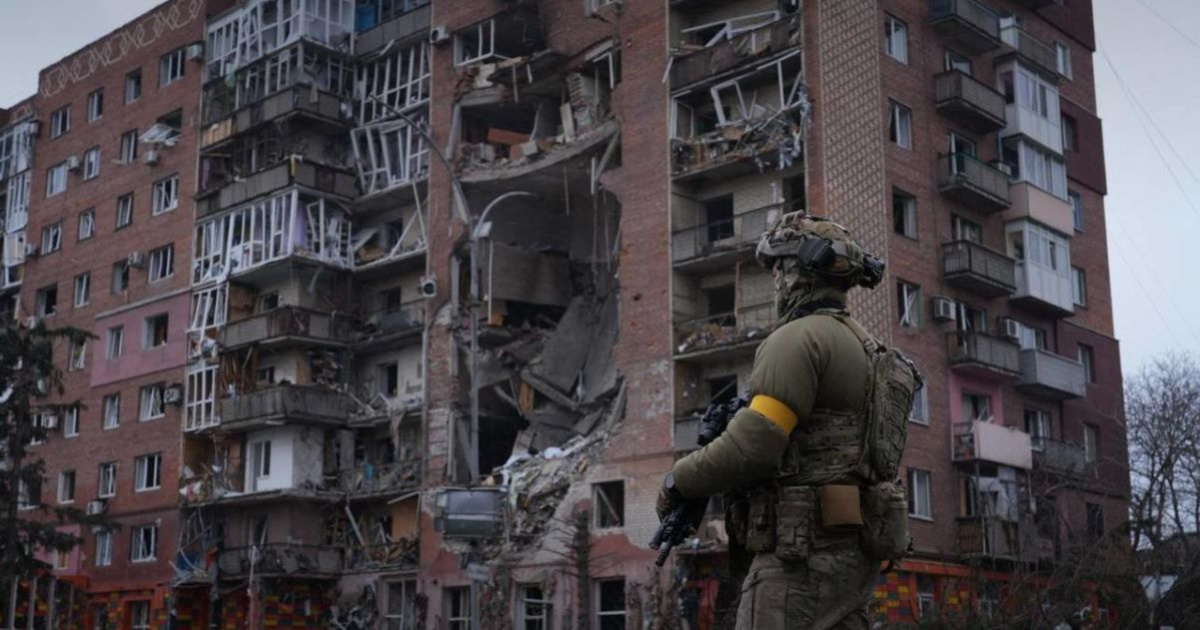
Luhansk in the summer of 2023 is no different from Luhansk in the spring. One would wish to write something vibrant, yet all the vivid impressions have no direct connection to the military situation.
In well-off families, they are rushing to seize the opportunity to go to the seaside or send their child to a camp. The latter is like a lottery. Some are lucky, while others miss out. Some manage to send their child to a camp at the expense of russia twice in the summer, while others can only dream of it. The ways to secure spots in the camps are mysterious. Some regions are taken under the sponsorship of russian cities, some are fortunate enough to go as top students from school, and some seek acquaintances within the authorities to have their child included in the coveted list. There's also a category of children of deceased participants of the "special military operation" who theoretically should be included in all these lists by default.
The sea resorts have become accessible. Russians are hesitant to travel to Crimea, while for us, whether at home or in Crimea, there's no difference in terms of safety. Those who managed to save up money are heading to Crimea, while others are exploring local water bodies. The absence of mobilization allowed men to go on vacation.
Looking at these completely peaceful summer scenes, it's hard to believe in the war. These are parallel realities. In one family, they mourn the fallen, while in another, they are going on a resort vacation for the first time in 9 years. Throughout the city, you can see women wearing black mourning head scarves. Amidst this, friends are sending messages from vacation. One doesn't contradict the other. A friend, while talking about his affairs, briefly mentions his deceased comrade and smoothly transitions to routine issues. Death and a broken toilet – in the same conversation...
The most impactful event of this summer for almost everyone has been the road repairs in the "republic". Outsider specialists are working around the clock. Day and night, despite heavy rain and scorching heat. Everything is impressive: the machinery, the speed of work, the workers' energy. Nobody looks worn out or tired. Everyone is rushing to complete their section of work. Residents of Central Asia are happy about the job opportunities; they're used to the heat. And we're amazed to notice new benches, curbs and perfect roads in the city. We, like savages, are watching with enthusiasm, wondering how amazing things could be and that they could happen to us. Interestingly, we're getting involved and getting used to it. We like it. We're no longer comparing. We perplexedly note that queues are the norm. Queues for everything and everywhere.
That it's normal to wait and stand for hours, write down numbers on your hand, wait for a call, promotion and your turn. We've simply gotten accustomed to it all.
After another 6 hours in line under the local bank, a friend advises me to join the queue at half past five in the morning. The waiting time will be the same, but it won't be as exhausting because it won't be hot. And she sums it up - we have queues everywhere anyway.
The situation with elections is very calm. They don't even talk about it. They don't mention Prigozhin and the overall situation. Life moves in short segments: we pickled cucumbers, got russian driver's licenses, went to the seaside. News about deaths and injuries not directly related to you - like the war in Niger - feel like another reality.
Next to me, mothers are discussing the renovation of parks in Luhansk and local water bodies. This conversation could only happen in times of peace and in a peaceful place.
Yes, there are many military personnel. They eat at roadside diners. People politely avoid them. It's expensive for locals to have lunch there. They sit in their uniforms, drink soda and wait for lunch to be served. Our people walk by, averting their gaze. Nearby, there's a car with a machine gun on the roof and the inscription "Kamchatkamobile" - probably a joke to boost morale. This is their reality. In theory, they are here for us, and we politely steer clear of them.
The people are excited by the promise of russian pensions. They are paid for several months in advance. It's a substantial amount. The average pension is 18,200 rubles. Those who can manage the money wisely, invest it in repairs, upgrades. People discuss the sums in whispers, wait, and get news through their own grapevine. There are no talks of the end of the war. We've gotten used to this too.
A friend of mine managed to visit Luhansk for the first time in 1.5 years. The journey from Ukraine was long, expensive and difficult. Of course, she didn't like everything: the attitudes, the queues, the points of view. Even breathing here was heavy for her. She vowed not to live here and not to return. But that didn't stop her from going to a restaurant and visiting all the sympathetic friends. It also doesn't stop her from receiving the local pension. Here they are - these parallel realities.
Olha Kucher, Luhansk, for OstroV





